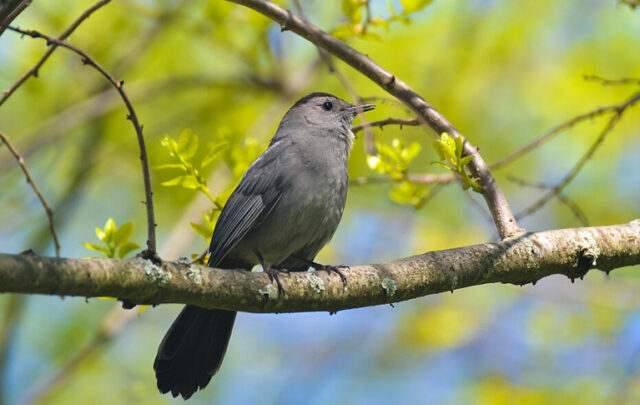 Jared Flesher’s film ‘The Farmer and the Horse’ is a joy, an absolutely fascinating immersion into the world of three people who have fallen in love with working with horses. In a world where the production of food is hugely dependent on the availability of cheap liquid fuels and where, in the UK, the average age of farmers is 58, this film follows 3 young people trying to get into agriculture in New Jersey in the US, each of whom has a passion for working with horses.
Jared Flesher’s film ‘The Farmer and the Horse’ is a joy, an absolutely fascinating immersion into the world of three people who have fallen in love with working with horses. In a world where the production of food is hugely dependent on the availability of cheap liquid fuels and where, in the UK, the average age of farmers is 58, this film follows 3 young people trying to get into agriculture in New Jersey in the US, each of whom has a passion for working with horses.
Some have arrived at the idea from working on traditional farms, and others from a commitment to farming as sustainably as possible, but all share a sense that the farming of the future will be smaller scale, more closely linked to their community, and will involve, in part at least, working horses. One of them, when asked why he likes working with horses replies “because it just feels right, it just feels good – when everything’s clicking together”.
Until the 1930s, the horse was an essential part of any farming operation. Then as tractors arrived, they vanished within a very short time period. The knowledge, the infrastructure, the skills that made horsepower possible largely disappeared, surviving, in the US, only with the Amish, a handful of enthusiasts, and historic ‘museum’ farms run as tourist attractions. The film follows three quite different young people, all of whom have come into contact with working horses and feel that learning to work with them is an important thing to do. It visits them over the space of the year as they try to work out, through hard work, early mornings and frustrating relationships with farm-owners, whether this is what they really want to do.
It is often said that in Cuba, during the Special Period, the country went from needing 1% of its population working in farming to 20%. If the same thing is applied to the UK in the event of an energy famine, we would need around 8 million new farmers. There are already a number of young farmers inspired by the possibilities of more localised food production and by the idea of rethinking farming for a leaner future, but there need to be a lot more. What needs to happen, it seems to me, is for farming to become something that young people care about, are inspired by and intrigued about. That, for me, is the most moving aspect of this film. These are ordinary people, seized by a deep sense of what farming could be.
‘Escape from Suburbia’, the sequel to ‘The End of Suburbia’, followed several people through their own peak oil preparation efforts. For me, the problem was that apart from one, within the first few minutes of the film I found that I wasn’t really engaged by them, and not really that interested in their stories. ‘The Farmer and the Horse’ is very much the opposite, each of the people followed are fascinating in their own way, and Flesher leaves in enough detail about their lives to keep the viewer intrigued. I found by the end I cared very much about them and what they did next, because I felt like that had put so much effort and passion into learning these skills that I actually wanted the farming of the future to stand on them as foundations, with their passion, commitment, determination that smaller scale, lower impact farming can be viable, and with their dedication to acquiring the skills and to seeking out those who can teach them.
This is a film that doesn’t romanticise horsework. One of the most memorable sections is from a horsepower course somewhere where we see a number of people having their first experience of ploughing with horses with hilarious results. All of the people in the film know that working with horses is hard work, that they have good days and bad days, and that getting into farming in a way that is viable is going to be hard work. But in a world where getting into farming requires not just land, but a huge amount of start-up capital, working with horses offers a lower-cost way in and makes the difference between being able to get started or not.
I can’t recommend this film highly enough. As a reality TV show following three people in pursuit of a dream understood by few of their family and peers it is compelling, as a vision of how farming might be in a lower-energy world as a new generation of young farmers come to the fore it is fascinating, and as a chronicle of how cheap energy has changed and indebted agriculture it is sobering and thought provoking. I enjoyed every minute of it, and it certainly presents the story of what farming may well look like in the future, as well as what the first steps towards getting there might look like, in a very entertaining and accessible way. It felt like a film you could show to anyone, interested in peak oil/Transition/sustainable farming or not, and they would find it fascinating and thought-provoking.
You can order DVDs of the film here.
Here’s the trailer:






